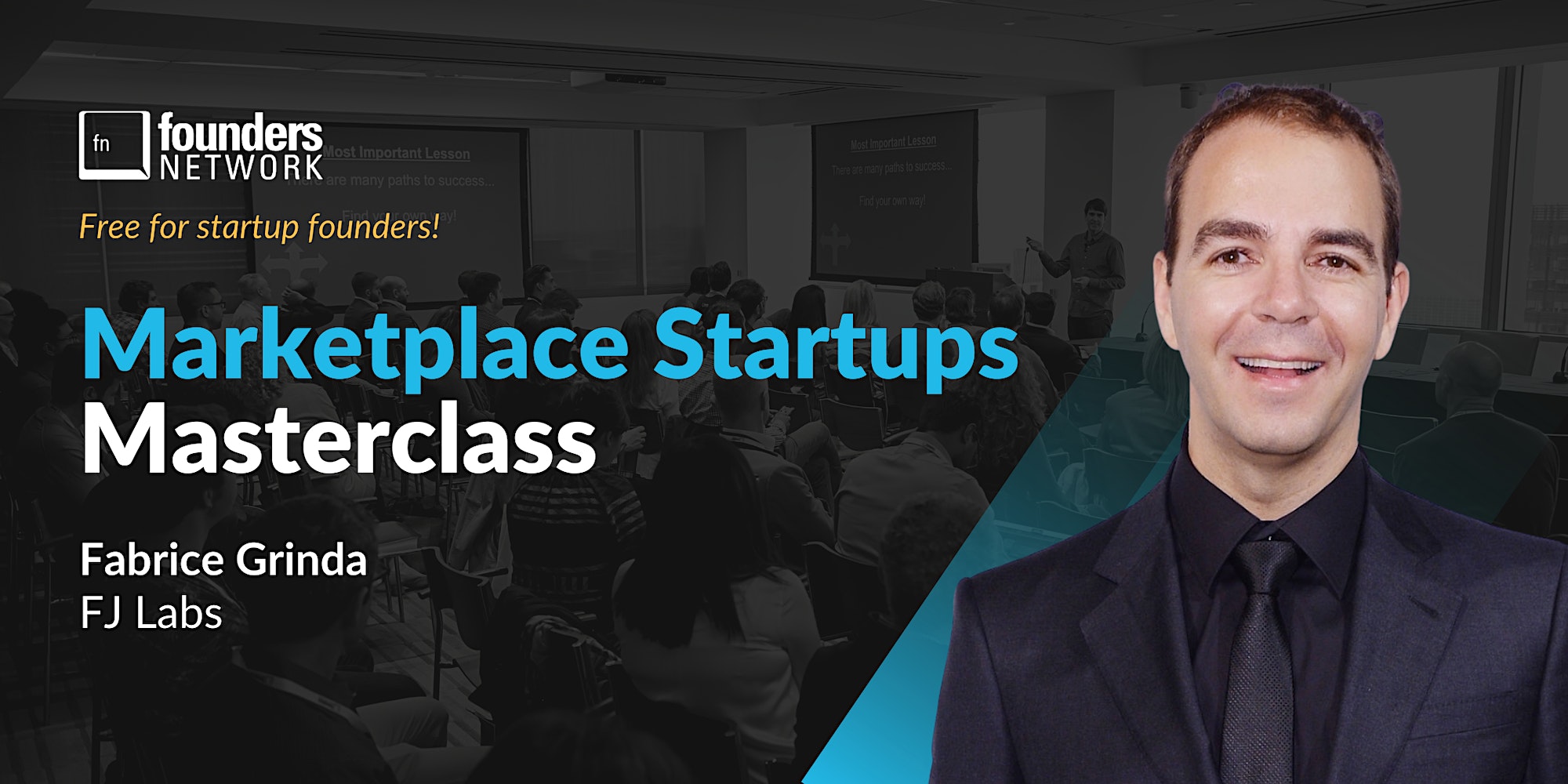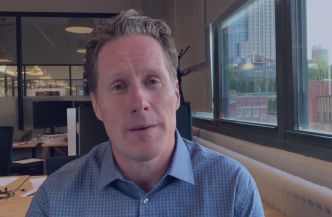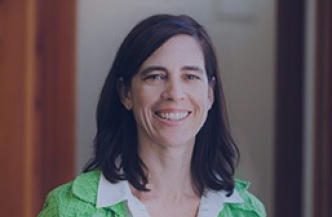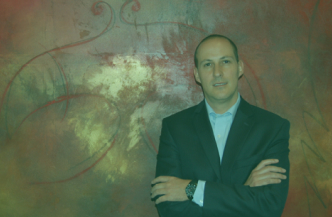


- This event has passed.
December 12, 2023 @ 9:30 am - 10:30 am PST
FreeMarketplace Startups Masterclass with Fabrice Grinda of FJ Labs
Over the last decade marketplaces and network effect businesses have gained strong investor interest due to their value.
Last year, marketplace startups raised $56 billion in venture capital funding, just behind fintech startups that collectively raised approximately $65 billion.
However, while marketplaces garnered the second largest portion of VC funding in the tech industry, funding for marketplaces in 2022 was down 50% year-over-year, mirroring the overall decline in venture funding.
In the current climate, fundraising is difficult for startup founders across industries. But if you ask serial entrepreneur and investor Fabrice Grinda, the current climate also presents opportunities.
“I would argue, this is the very best moment to found a company,” Fabrice says. “The posers and the people that were in it for the quick buck, the consultants and bankers and lawyers and doctors who had no business being founders, basically have been weaned out and left.”
Fabrice Grinda is among the world’s leading Internet entrepreneurs and investors. He has more than 300 exits on 1000 angel investments, and has served as CEO for three multinational companies. Today, he serves as the founding partner of FJ Labs, a VC firm focused on marketplaces and network effect businesses.
On December 12, he’ll lead a Founders Network webinar to provide insights on startup fundraising in the current economic climate. The event will also serve as a masterclass on marketplace startups and will cover:
- How investors evaluate marketplace founders
- How to build marketplaces
- Latest marketplace trends
About the Speaker:
Fabrice Grinda is among the world’s leading Internet entrepreneurs and investors. He has over 300 exits on 1000 angel investments. Fabrice has served as CEO for three multinational companies and has an impressive track record as an early investor in Alibaba, Coupang, Airbnb, Instacart, Flexport, Delivery Hero, and many more. Fabrice is currently Founding Partner at venture fund FJ Labs, which he co-founded with business partner Jose Marin. Fabrice was named the #1 Angel Investor in the world by Forbes.
Prior to FJ Labs, Fabrice was co-Founder and co-CEO of OLX, one of the largest websites in the world with over 300 million unique visitors per month. The company operates in 30 countries and has over 10,000 employees. OLX is the largest classifieds site in Russia, Brazil, India, Pakistan, Poland, Ukraine, Romania, Portugal and many other markets.
Prior to OLX, he was the CEO and founder of Zingy, a mobile content company, which he grew to over $200 million in annual revenues and profitability in 4 years.
Fabrice started his entrepreneurial journey in 1998, at 23, when he founded and was CEO of Aucland. Soon after, Aucland grew into one of the largest auction sites in Europe.
Before his entrepreneurial endeavors, Fabrice worked as a management consultant for McKinsey & Company.
Fabrice holds a BA in Economics from Princeton University. He graduated Summa Cum Laude in 1996, and was awarded the Halbert White prize, given to the most distinguished economics student, as well as The Wolfe Balleisen memorial prize, awarded for best thesis. In his free time, Fabrice likes to travel the world, kitesurf, play tennis, and blog about his personal and professional life at www.fabricegrinda.com.
Complimentary Ticket:
Are you a full-time tech founder? Be our guest! We’re making our events available to tech founders everywhere. Enjoy a complimentary ticket to come learn from fellow tech founders, partners and investors. Already used your complimentary guest pass? Request an invite to see if you qualify for membership.
About Founders Network:
Founded in 2011, Founders Network offers lifelong peer mentorship to over 600 tech startup founders globally. Our platform, programs and high-touch service facilitate authentic experience sharing, warm introductions and long-term professional relationships. Additional benefits include over $500k in startup discounts and promotion to 2,000 newsletter readers. Members are located in San Francisco, New York City, Los Angeles, Vancouver, Toronto, London and other tech hubs. Each month our Membership Committee admits a new cohort of full-time tech founders who are nominated by an existing member. Learn more about us here
Confidentiality Policy
All information shared within Founders Network is strictly confidential. We are built on a foundation of trust, and the community takes confidentiality seriously. Investors, members, and staff all share experiences and opinions off the record. In this roundtable forum, we continue to model our fnValues of Reciprocity, Humility, Authenticity and Inclusivity. Read more about our Privacy Policy here.
Testimonials

"If you don't have a cohort group in something like Founders Network that you can develop long-term relationships with and discuss the same topics that come up with people that you already know, you're probably missing out on something very important."David Plonsky

"The number one advantage is the law of compound interest. The longer you stay in a very high-quality network the strong and more authentic relationships you build."Chaitanya Vaidya

"We know each other's business and we know each other's struggles. Having a personal relationship with other founders that is completely confidential and completely authentic gives you a lot of great advice."Doug Lessing

"FN manages my network for me by connecting me with other founders in my specific industry sector. I've been able to explore business development opportunities, partnerships, etc."Becky Splitt

"We just saw the first Mexican unicorn come to life this same week which is a fantastic idea. Being part of the Founders Network makes a lot of sense. We see that the Mexico City chapter is growing substantially."Max Linares

"There's a lot of great stuff going on even now in San Francisco. I've found Founders Network has been a great resource for me and for all of the founders I know during these tough times."Jarie Bolander

"It allowed me to meet people who had done this before that had the experience. I was able to explain an issue very briefly and they were able to give me a very detailed response on how they addressed it."Terence Finn

"I've used the platform to discover advice, connections, resources, discounts, on important services, connections to investors, and practice on how to pitch. The kind of conversations you can't get anywhere else on youtube or google searches."Alexandra Greenhill

"I see Founders Network as one of those necessary resources in the Chicagoland area."Jason Jacobsohn

"The Black Founders initiative allows me to shape this program where we can inspire, engage, and support Black Founders."Khiry Kemp

